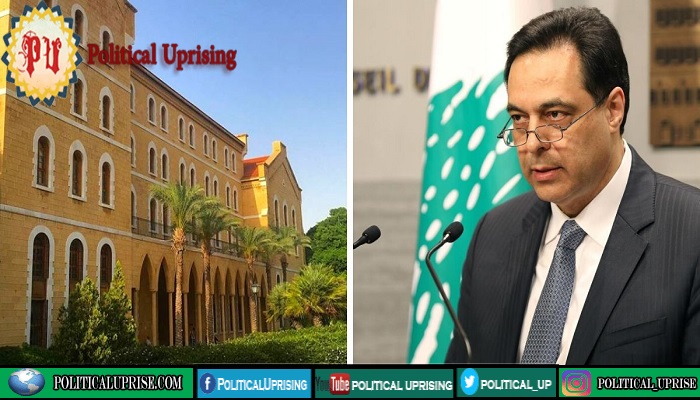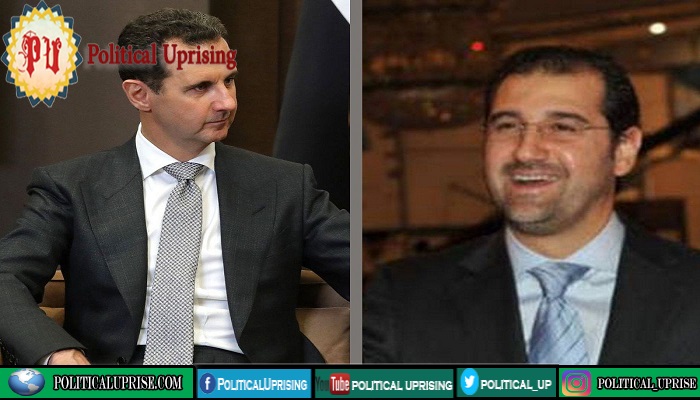In a significant diplomatic development, the European Union (EU) has agreed to lift its economic sanctions on Syria, as confirmed by EU foreign policy chief Kaja Kallas.
This marks a major policy shift after years of sanctions that targeted Syria’s government, primarily in response to the country’s civil war and alleged human rights abuses. The decision is expected to influence Syria’s recovery and shape future diplomatic relations in the region.
Kaja Kallas, in her announcement, emphasized that the EU intends to help the Syrian people rebuild an “inclusive and peaceful Syria.” Despite lifting some economic sanctions, the EU will continue to maintain restrictive measures related to President Bashar al-Assad‘s regime, including sanctions on security-related goods that could be used for repression. Additionally, new measures will target human rights violators and individuals or groups exacerbating instability within Syria.
UK PM Keir Starmer to Finalize Deal Enhancing Post-Brexit EU Ties
The Syrian government welcomed the EU’s decision, with Syria’s Foreign Minister Assad al-Shibani stating that lifting the sanctions would enhance the country’s security and stability. He also mentioned that this move would open opportunities for collaboration with European businesses, which could contribute to Syria’s long-term economic revitalization.
The EU’s shift comes on the heels of the U.S. decision to ease some sanctions on Syria, signaling broader international pressure to re-engage with the country following years of civil war. However, the EU’s decision is calculated, ensuring that the remaining sanctions are linked to the ongoing repression by the Assad regime.

In a related matter, EU foreign ministers have also agreed to review their association agreement with Israel due to the ongoing crisis in Gaza. Kaja Kallas referred to the situation as “catastrophic,” highlighting concerns over the flow of humanitarian aid into Gaza, where Israel’s ongoing military actions have resulted in significant civilian suffering.
A majority of EU member states (17 out of 27) have backed a review of the agreement, which has governed EU-Israel relations since 2000.
EU Preparing New Sanctions to Ramp Up Pressure on Russia
The review will focus on whether Israel is complying with the human rights clause of the agreement, which mandates that both parties respect human rights and democratic principles in their internal and international policies.
Dutch Foreign Minister Caspar Veldkamp, who proposed the review, expressed concerns about Israeli policies exacerbating the humanitarian crisis and the potential for further destabilization in Gaza and the broader region.
While the EU continues to call for unimpeded humanitarian aid to Gaza, some EU members have been more cautious. Hungary, in particular, has blocked proposed sanctions on Israeli settlers in Gaza, further reflecting the divisions within the EU on how to address the ongoing conflict.
Kallas reiterated that while humanitarian aid to Gaza is essential, it must be scaled up dramatically to address the magnitude of the crisis. She called for immediate and unrestricted aid access to ensure that the most vulnerable populations receive the support they need.
Syria Shifts Currency Printing to UAE and Germany, Ending Reliance on Russia
These developments signal a shift in the EU’s Middle East policy as it grapples with complex geopolitical realities and the growing demand for a solution to the humanitarian crises in both Syria and Gaza.
The coming months will be pivotal in shaping the EU’s future role in regional peacebuilding and diplomatic engagement.



